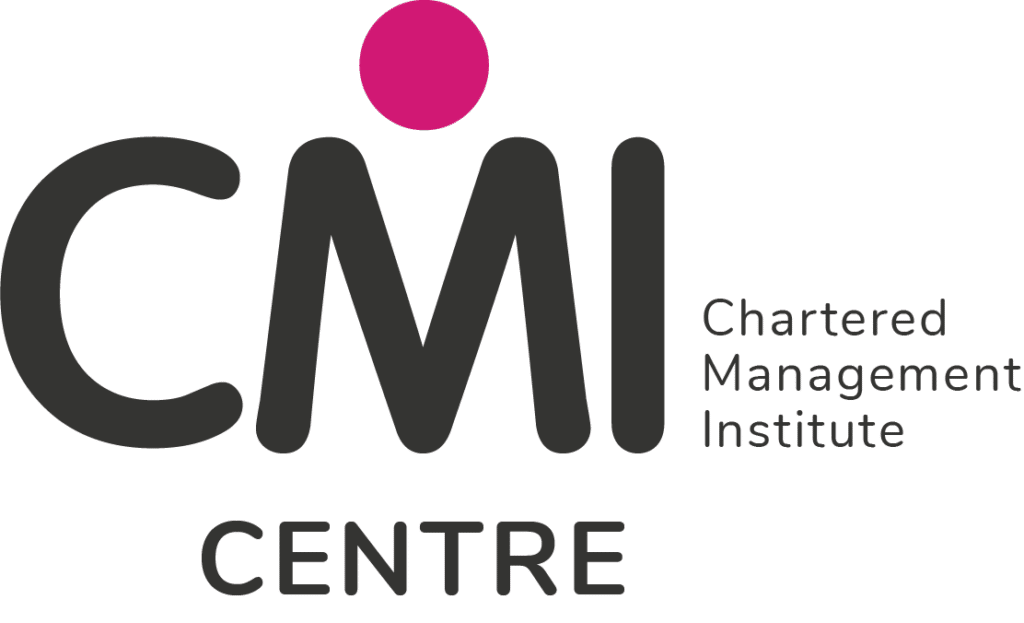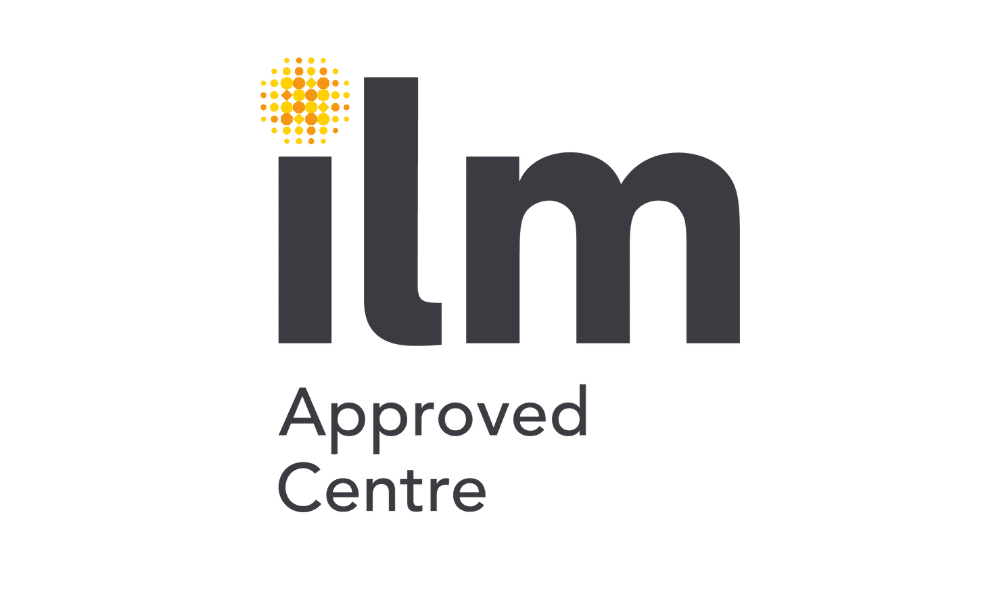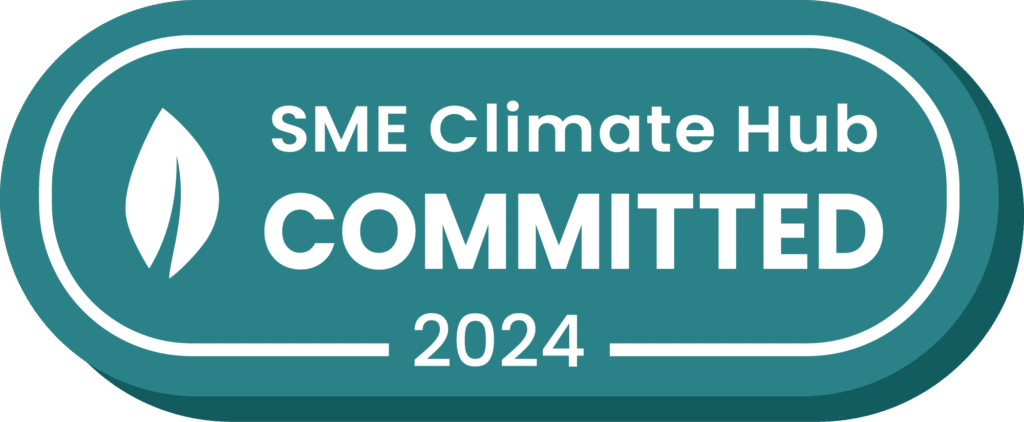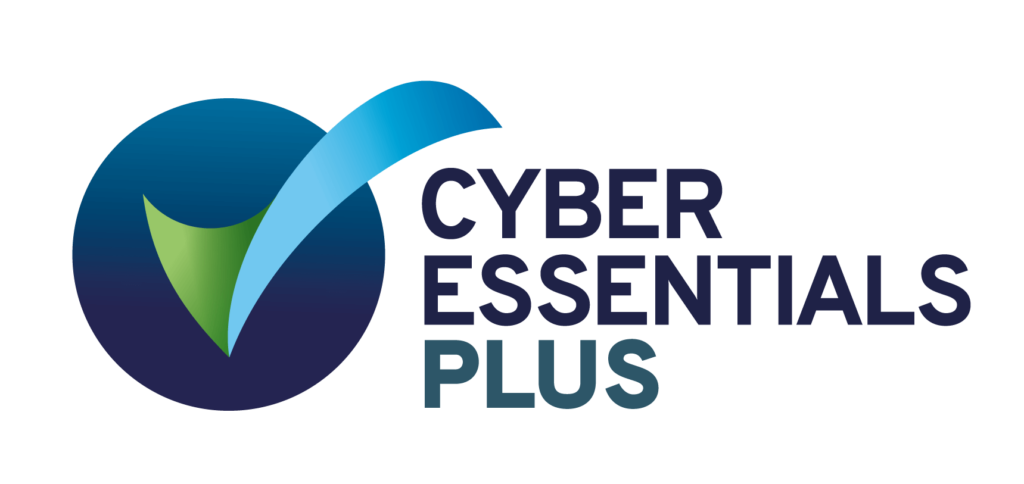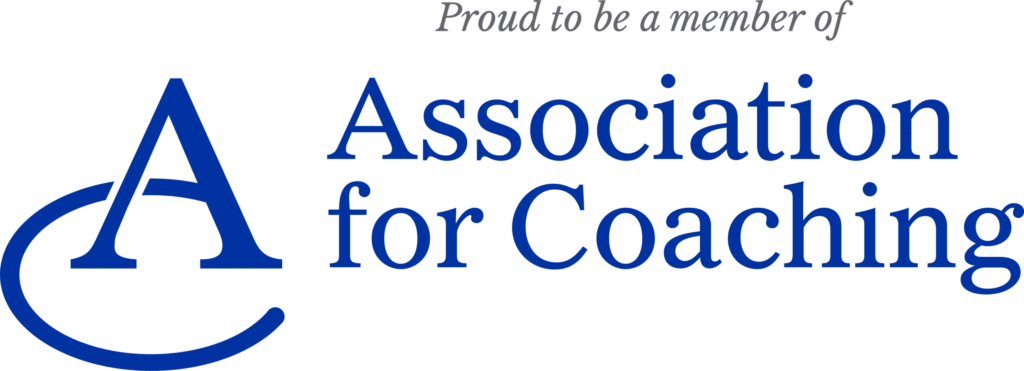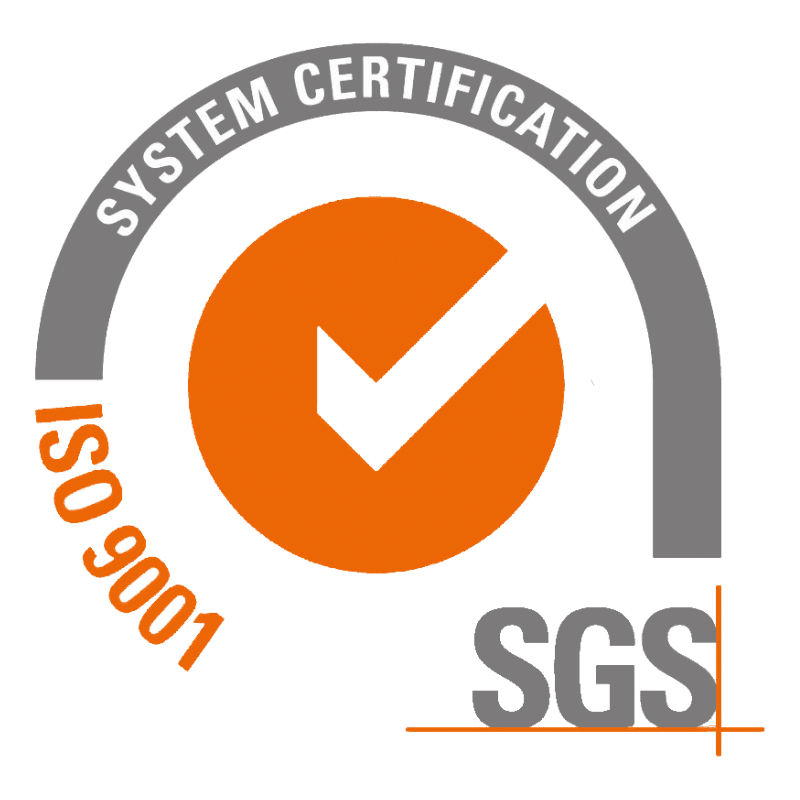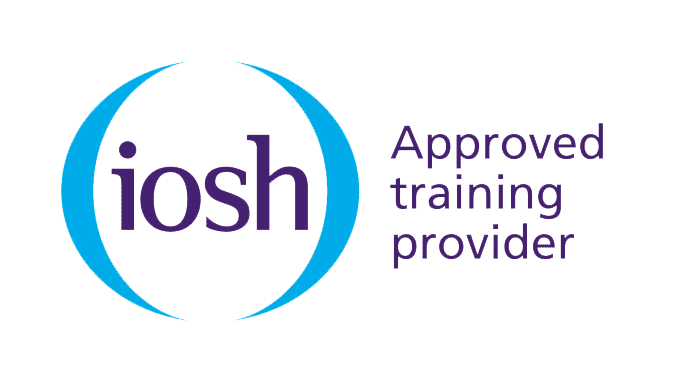Mentoring is a crucial organisational process. Whether you proactively arrange mentoring relationships or rely on these connections to develop naturally, they are an important pathway for knowledge, skills and understanding to pass down through the business and stay retained within the workforce.
For a succinct definition of mentoring and explanation of the mentor’s role within an organisation, click below to watch one of Eliesha’s pearls of wisdom®, our popular animated microlearning videos, providing short, sharp bursts of knowledge on a range of important topics.
Even if you don’t nominate mentors in a formal way, supporting the skills of effective mentoring within your experienced staff is a positive and proactive way to ensure that they will be able to forge successful mentoring relationships and, in turn, help your less experienced staff feel supported and included.
So, what are some of the skills that mentors need to succeed…?

Asking good questions
We all know how satisfying it is when we ask someone something and they pause before saying: “Hmm… good question!” Effective mentors seek this response as often as possible and, in asking good – and often challenging – questions, they prompt mentees to properly reflect on their challenges and objectives, exploring things from new angles and interpreting events in different ways.
Actively listening
Although mentors offer more advice and opinions than coaches, they are still primarily interested in the reflections of their mentees – about where they are, where they would like to be, and how they plan to get there. This means that, rather than listening to reply (i.e., waiting for their chance to suggest something or move the discussion on), they must first listen to understand. This subtle skill, known as active listening, takes practice and deliberate effort to master.


Feeding back
Mentoring isn’t just about frequent and sincere positive feedback, sometimes ‘corrective’ notes are required. The skill here is framing the feedback in the right way and from the appropriate perspective, such as explaining how particular behaviours may be OK in isolation but could become an issue when grouped together, or how a certain action may not have negative consequences until further down the line. ‘Protection’ is part of the mentorship role and this is in that vein – looking out for them and their interests, even if it means giving more constructive advice.
These are just three of the most important skills of successful mentors, many more can be found in Dr. Linda Phillips-Jones’s excellent booklet, here.
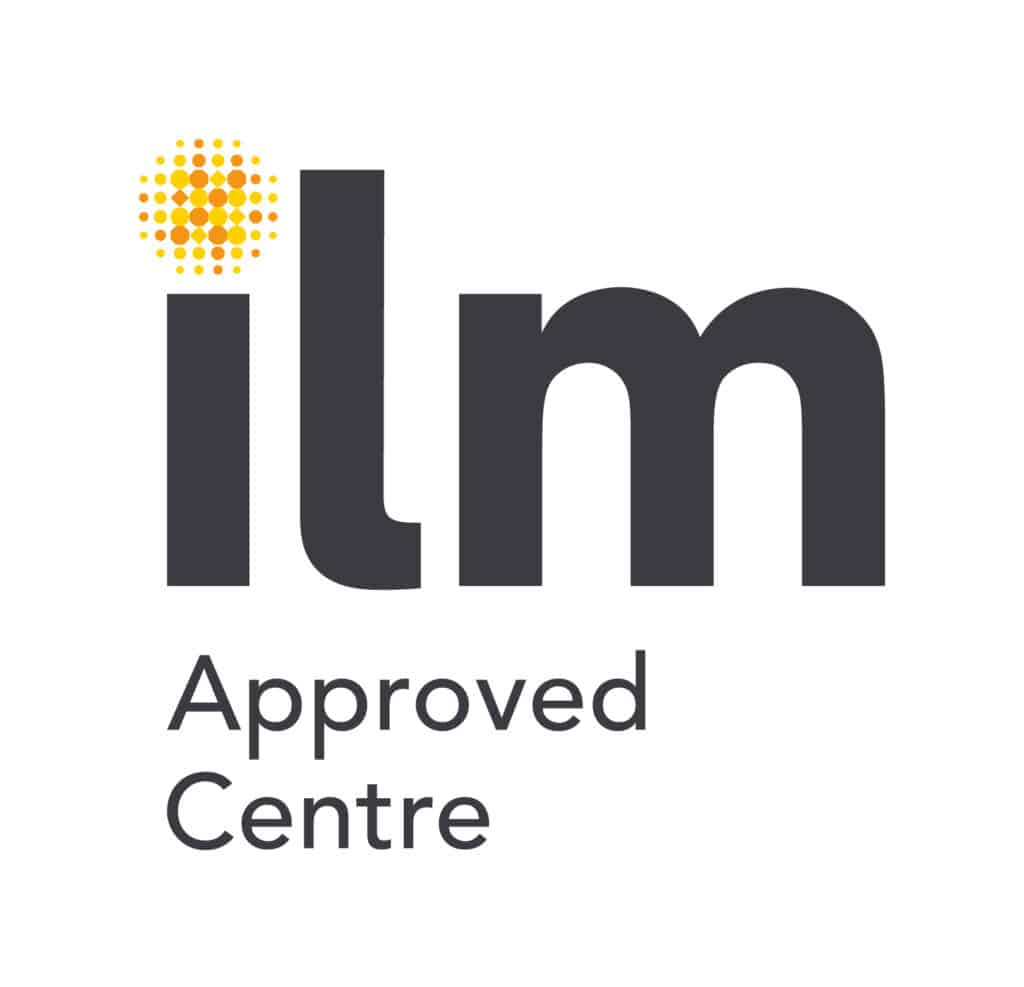
Qualifications
The ultimate way to assure professional competency is with comprehensive, widely-recognised and robust qualifications; in the area of coaching and mentoring, ILM’s qualifications are all those things. Eliesha has been an Approved Centre with ILM for nearly 20 years, and we’re currently delivering successful ILM accredited Mentoring programmes at Levels 2, 3, 5 and 7 via face-to-face, virtual and distance learning delivery.

Skills Workshops
Virtual or face-to-face skills development workshops are a popular method for supporting targeted groups of staff with a dedicated learning intervention. Our interactive sessions introduce theory as well as practical tools and methods, meaning they develop understand and bring about impactful action. Popular workshop titles include ‘Mentoring Skills’, ‘Mentoring Masterclass for Senior Leaders’ and ‘The Fine Art of Feedback’. Get in touch to request any course outlines.

Microlearning
As you saw at the top of the page, our popular microlearning series – pearls of wisdom® – has titles that focus directly on mentoring (e.g. Definition & Role of the Mentor (above) & Effective Mentoring) as well as many that expand on some of the skills above (e.g. Levels of Listening, Asking Good Questions and BOOSTing Your Feedback). Pearls can be hosted on your LMS or a bespoke page of Eliesha’s, and our dynamic pricing model means you only pay for the titles you want and the number of users you have. Click here to explore the full catalogue.
